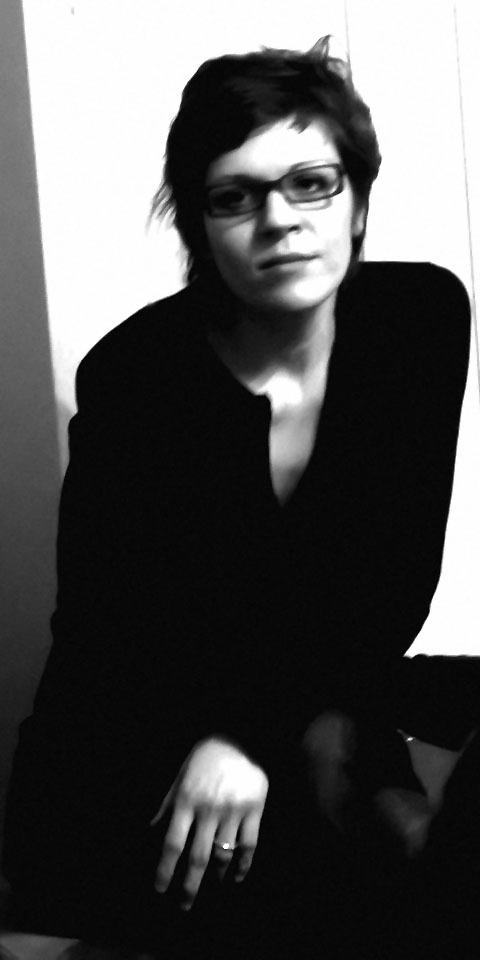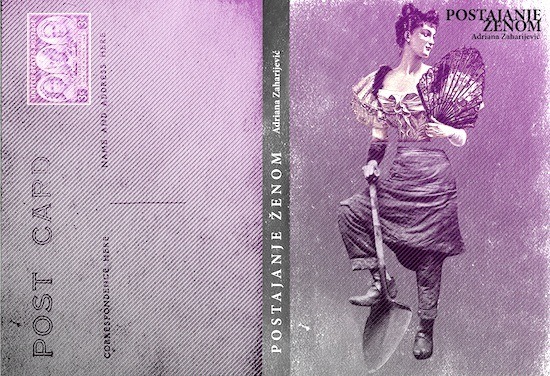One is neither born nor becomes a woman at some specific point in time. Being sex – one of the key metaphors of Becoming Woman – involves engagement, personal and collective, which terminates in death, and in a certain symbolic sense perhaps not even then.
Being sex – becoming woman – has its own history, intertwined with a history of the significant social movement to emerge in the 19th century. Feminism, the struggle for the liberties of women, and one of the rare social movements which has survived to this day, developed from the struggle with the normative, but it had also conformed to it in various ways. The history of feminism thus ought to be understood as a history of contentions – indeed, contentions which enable its transformed guise in the 21st century.

In that sense, Becoming Woman seeks to explore two substantial points: modes, strategies and resistances to the sedimentation we name “woman”/”man”; and the fact that the injunction to speak and think in the name of a singular identity – be it even the historically marginalized identity of woman – necessarily entails exclusions and hierarchies. Therefore, recourse to the 19th century when the first – English and US – feminists fought their battles against the norm, is necessary in order to understand a world in which there is still a “woman” and a struggle in her name.
The author:
 Adriana Zaharijević (1978) was born in Belgrade, where she intends to stay. She received her BA in philosophy at the Faculty of Philosophy, and her specialization and Mphil at the Faculty of Political Sciences, where she’s currently working on her PhD thesis. She is programme director at Radio Belgrade 3, and the coordinator of Belgrade Women Studies Center. Her main interests are in political philosophy, feminist theory and 19th century history. Apart from a number of published theoretical texts and English translations, she has edited the following books: Somebody Said Feminism? How Feminism Affected Women in the 21st Century (2007, 2008), Confronting the Past – Feminist Approach (with Staša Zajović and Tamara Belenzada, 2005) and Different Power is Possible (with Staša Zajović, 2004).
Adriana Zaharijević (1978) was born in Belgrade, where she intends to stay. She received her BA in philosophy at the Faculty of Philosophy, and her specialization and Mphil at the Faculty of Political Sciences, where she’s currently working on her PhD thesis. She is programme director at Radio Belgrade 3, and the coordinator of Belgrade Women Studies Center. Her main interests are in political philosophy, feminist theory and 19th century history. Apart from a number of published theoretical texts and English translations, she has edited the following books: Somebody Said Feminism? How Feminism Affected Women in the 21st Century (2007, 2008), Confronting the Past – Feminist Approach (with Staša Zajović and Tamara Belenzada, 2005) and Different Power is Possible (with Staša Zajović, 2004).




